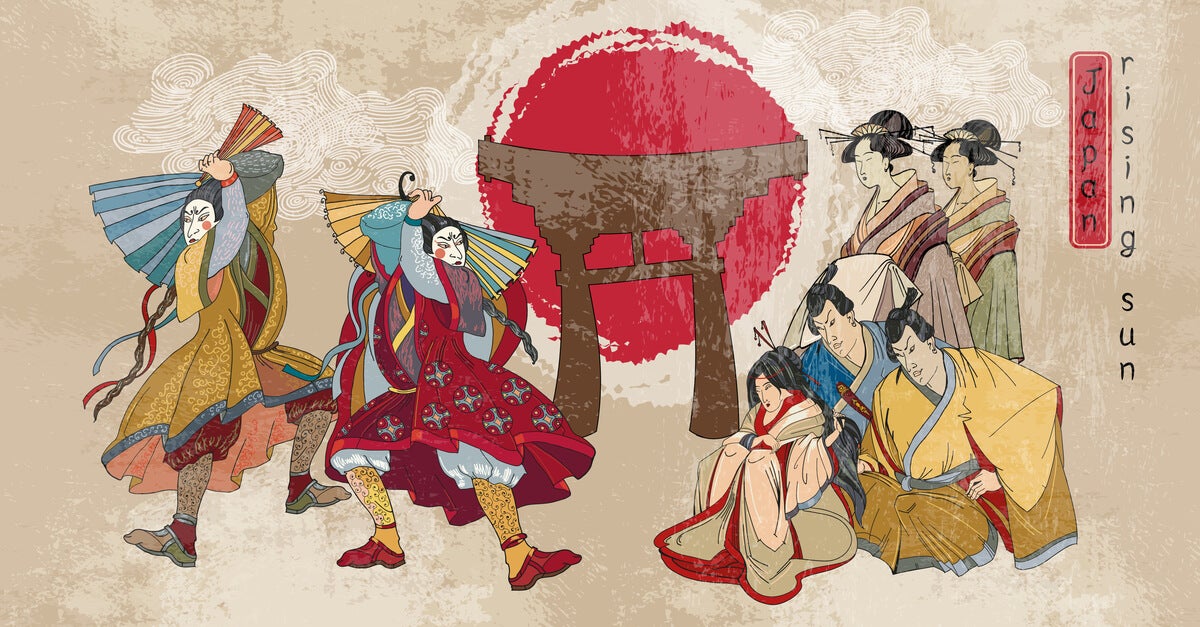The Bushido code is an ancient catalogue of principles born in Japan and originally practiced strictly by samurai. Does the term bushido mean the path of the warrior? And it led to the making of a film of the same name.
For Japanese warriors, the Bushido code was not simply a list of precepts to follow to the letter, as the translation points out, it is a “path”, that is, a process, that is, it was understood as a goal of “converting” and not as an undisputed mandate.
- The main objective of the bushido code was to form warriors who could fight for what they intended to do.
- But without losing their human essence.
- Also know how to lead others.
- Adapting to values more important than the struggle itself.
- These are the seven principles that make up this code.
“Raise the masses of people who are afraid to act. “- Bushido code?
The Bushido code identifies honesty as the act of making honest covenants with others and respecting them, including being true to words and promises. One way or another, human relationships are: a continuous covenant.
In turn, samurai subordinated the concept of justice to their conscience, it was not an external law that determined what was right and what was not, people must be faithful, especially at their discretion. there are no shades of gray, but black or white.
The heroic courage is simply to be willing to take risks to achieve what you are looking for. The Bushido code says the warrior should not hide in a shell like turtles.
On the contrary, the samurai takes risks and assumes danger, not blindly, but with respect and prudence, allowing him to live fully and wonderfully.
Unlike contemporary warriors, samurai cultivated compassion. They saw in him an expression of internal and external strength. They did not think that one battle would exclude solidarity with the other or lose the ability to put themselves in their place. On the contrary, compassion made his efforts and accomplishments more legitimate, and taking advantage of the pain of others was degrading and outrageous.
Courtesy is closely linked to compassion and means avoiding any expression of cruelty or unnecessary display of strength.
For the real warrior, not being educated in combat is like becoming an animal. The Bushido code emphasizes that courtesy arises from both the audacity in combat and the respect to be shown to the enemy, especially when the enemy is defeated.
Almost the bushido code revolves around honor. For samurai and Japanese in general, this is a supreme value. To be honorable means to act righteously, to follow ethical principles, and to do our duty.
Once again, samurai place special value on their own conscience, everyone must take responsibility for the choices they make and the actions they take, no matter what others say or what is written elsewhere, they all respond fundamentally to themselves.
This principle recalls the enormous value that samurai place on speech. They literally point out that “talking and doing is the same action. “
It is a standard of behavior that is based on total consistency. Give the floor? And making a promise are momentous acts. A true warrior knows that the word is also a weapon, because respect and authority emanate from it.
Duty is not something that is imposed, but is chosen, therefore everyone must adhere strictly to its fulfillment, otherwise you dishonor and shame those you lead or care about.
In turn, the true warrior must be absolutely faithful to his followers, his words and actions are the traits that others will follow, so he has a great responsibility to others and must assume it if he wants to be honest.
As you can see, the Bushido code is also applicable in today’s world, in everyday life, and in life in general we go through many vicissitudes that awaken the warrior in us, we need this warrior to be brave, compassionate, and honorable, as the old samurai taught us.

